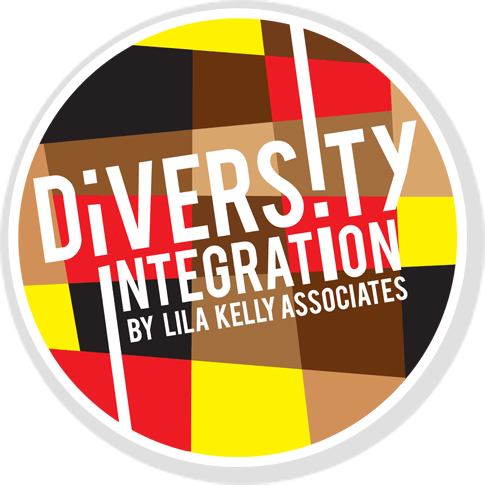
“If you get a resume with somebody’s name, like Saeed, on the resume, don’t get that already negative perception of that person, ‘Oh, this guy is Saeed, I know where he’s from. . .’ Why don’t you just give that person a chance to come in, have eye contact with that person, and talk to them?”
Interview skills and cultural competence are needed to successfully recruit, hire, and retain a diverse workforce, especially during a tight labor market. Many applicants of diverse backgrounds assume interviewers will have some biases, and they are usually right. Our biases are often at an unconscious level, as demonstrated in the above and following examples from the online training courses on Integrating Diversity & Inclusion into the Hiring Process.
Betty, an HR Generalist who is white, does interviews at her company and had this insight: “I thought I was good at interviewing. After all, I have done it for many years. But after talking with a colleague of mine, who is African American, and hearing some of the things that he has experienced in interviews, I realized that there are a lot of areas where I don’t know what I don’t know about diversity!”
Conducting effective interviews requires some skill. However, even the most skilled interviewers can lose qualified diverse applicants if they do not understand two important factors, namely, their own biases and the diverse backgrounds of applicants. Conducting inclusive and equitable interviews requires having cultural competencies. It is also important to recognize interviewers who are not culturally competent. Can you identify a cultural competence in yourself for interviewing diverse applicants that addresses your bias?
A Culturally Competent Interviewer will:
- Have a wide range of experiences with and a solid understanding of diverse cultures and individuals.
- Understand and be able to manage their biases.
- Continue learning about and building skills for communicating across differences and developing inclusive practices.
A Non-Culturally Competent Interviewer will:
- Consciously or unconsciously, allow bias, prejudice, and cultural misunderstandings influence their judgment when interviewing applicants.
- Allow similarities they have with an applicant, not job related, to become an influencing factor in the decision-making process.
With the increasingly diverse workforce, it is essential for all interviewers and hiring managers to be trained on both interview skills and cultural competencies. Identifying biases that create barriers for diverse applicants illuminates areas in which cultural competencies are needed. Learning how to eliminate these barriers will allow interviewers and hiring managers to look beyond their biases and see the true skills, knowledge, and abilities of every applicant they interview.
This article includes excerpts from Lila Kelly’s research-based online training courses at diversityintegration.com, which offer training for interviewers and hiring managers on interview skills, cultural competencies, and methods to identify unconscious bias and eliminate barriers for diverse applicants. To stay up to date on all the latest from Lila Kelly Associates LLC & DiversityIntegration.com subscribe to our newsletter.
Copyright © 2023 Lila Kelly Associates LLC. Not to be reprinted without written permission from Lila Kelly. Integrating Diversity into Hiring, Interviewing, Recruiting and Retention – Since 1992.
